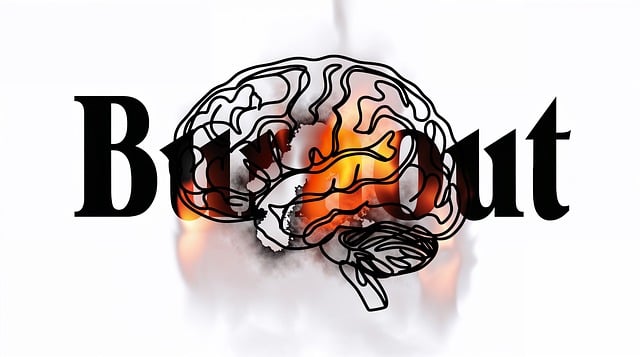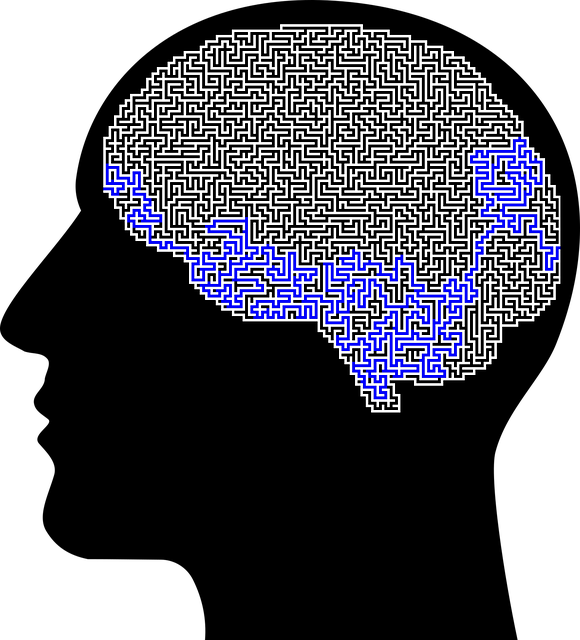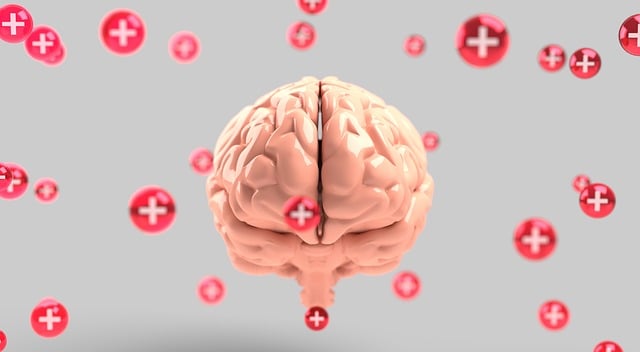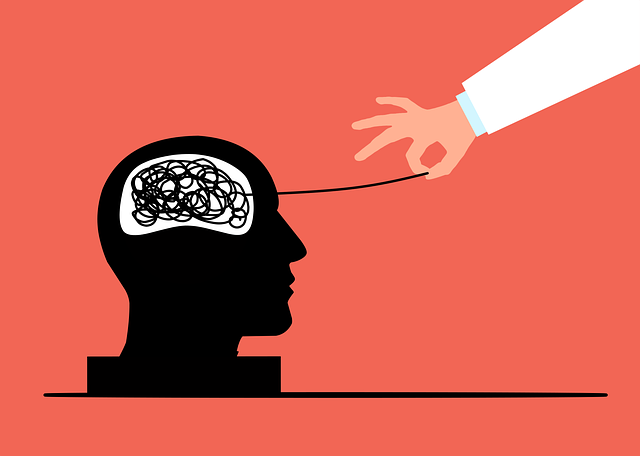Depression in children is a growing concern, but early recognition and intervention through therapy like Cognitive Behavioral Therapy (CBT) can significantly improve long-term mental health. CBT addresses negative thought patterns and is effective for phobias like arachnophobia and agoraphobia. Building resilience through therapy and cultural competency training prevents depression, with support from open communication at home and school, emotional intelligence workshops, peer support groups, and community outreach programs. Tailoring interventions to diverse backgrounds enhances trust and engagement, fostering a collective effort to combat childhood depression.
Depression is a growing concern among children, but with the right strategies, it can be prevented. This article explores comprehensive approaches to safeguard our young ones from this silent epidemic. We delve into recognizing depression’s early signs and triggers in children, highlighting the significance of identifying fears and phobias as potential red flags. Additionally, we discuss evidence-based treatments like Cognitive Behavioral Therapy (CBT) for phobia management, building resilience through life skills, and creating supportive environments at home and school to foster mental well-being.
- Recognizing Depression and Its Triggers in Children
- Cognitive Behavioral Therapy (CBT): A Powerful Tool for Phobia Management
- Building Resilience: Life Skills and Coping Mechanisms
- Creating a Supportive Environment at Home and School
Recognizing Depression and Its Triggers in Children

Depression among children is a growing concern, but early recognition and intervention can make a significant difference in their long-term mental health. Parents and caregivers play a crucial role in identifying the signs and symptoms of depression in young individuals, which often manifest as persistent sadness, loss of interest in activities they once enjoyed, changes in appetite or sleep patterns, and difficulty concentrating. It’s essential to understand that childhood depression might be triggered by various factors, including genetic predisposition, traumatic events, bullying, academic pressures, or even specific phobias.
One effective approach to supporting children’s mental health is through therapy tailored for their age group. Cognitive-behavioral therapy (CBT), for instance, can help young people identify and change negative thought patterns and behaviors contributing to depression. Additionally, programs designed to enhance emotional intelligence and social skills training have proven beneficial in building resilience and coping strategies. These initiatives, coupled with comprehensive mental health education, empower children to recognize their feelings, express them healthily, and develop positive relationships, all of which are essential elements in preventing and managing depression.
Cognitive Behavioral Therapy (CBT): A Powerful Tool for Phobia Management

Cognitive Behavioral Therapy (CBT) has emerged as a powerful tool for managing phobias in both adults and children. By focusing on identifying and changing negative thought patterns and behaviors, CBT helps individuals challenge their fears and anxieties, ultimately leading to improved mental wellness. For children dealing with specific phobias, such as arachnophobia (fear of spiders) or agoraphobia (fear of open spaces), CBT can be particularly effective in reducing symptoms and enhancing anxiety relief.
This therapeutic approach encourages individuals to replace maladaptive thinking with more realistic and balanced perspectives, thereby preventing burnout associated with prolonged anxiety. Through structured sessions, CBT enables children to gradually expose themselves to feared situations in a safe and controlled manner, fostering resilience and empowering them to manage their phobias effectively over time.
Building Resilience: Life Skills and Coping Mechanisms

Building resilience is a key strategy to prevent depression, especially for children and adolescents. By developing inner strength and effective coping mechanisms, young individuals can better navigate life’s challenges. This involves learning essential life skills such as stress management, emotional regulation, problem-solving, and social competence. These skills are cultivated through therapy, which can address specific fears or phobias that may contribute to depression. For instance, Cognitive Behavioral Therapy (CBT) is effective in helping children confront and overcome anxiety disorders, improving their overall mood management.
Moreover, fostering resilience encourages individuals to adopt healthy habits like regular exercise, adequate sleep, and a balanced diet, all of which play significant roles in maintaining mental well-being. Healthcare providers can contribute by offering cultural competency training, ensuring that interventions are sensitive to diverse backgrounds and beliefs. This personalized approach promotes trust and engagement, enhancing the effectiveness of therapy for depression prevention and fostering long-term mental health resilience.
Creating a Supportive Environment at Home and School

Creating a supportive environment at home and school is paramount in depression prevention strategies. Fostering an atmosphere of open communication where individuals feel comfortable expressing their emotions can significantly reduce feelings of isolation and promote resilience. Incorporating mental health awareness programs, such as workshops on emotional intelligence or peer support groups, empowers both children and adults to recognize early warning signs of depression and seek timely therapy.
Schools and homes can also implement risk management planning for mental health professionals to ensure effective intervention. This includes identifying at-risk individuals, providing access to counseling services, and offering resources tailored to specific needs like therapy for children with phobias. Community outreach program implementation further strengthens this support by connecting individuals with local mental health resources and fostering a collective effort to combat depression.
In conclusion, preventing depression involves a multi-faceted approach. Recognizing early signs in children, especially regarding phobias, is key. Cognitive Behavioral Therapy (CBT) has proven effective in managing these fears. Building resilience through life skills and coping mechanisms equips individuals to face challenges. Furthermore, creating supportive environments at both home and school fosters mental well-being. By implementing these strategies, we can empower children and provide them with the tools needed to navigate their mental health journey.









